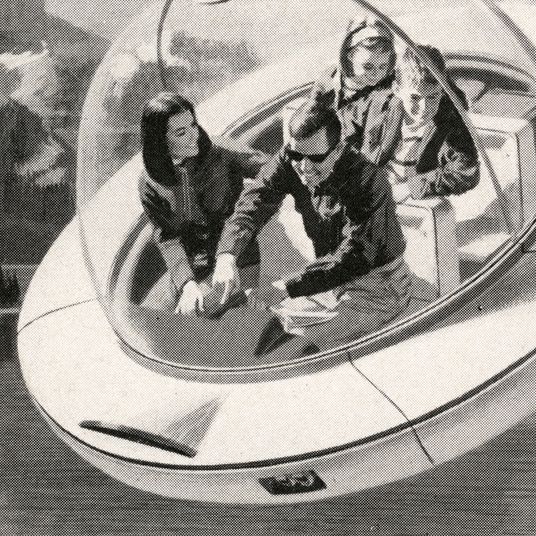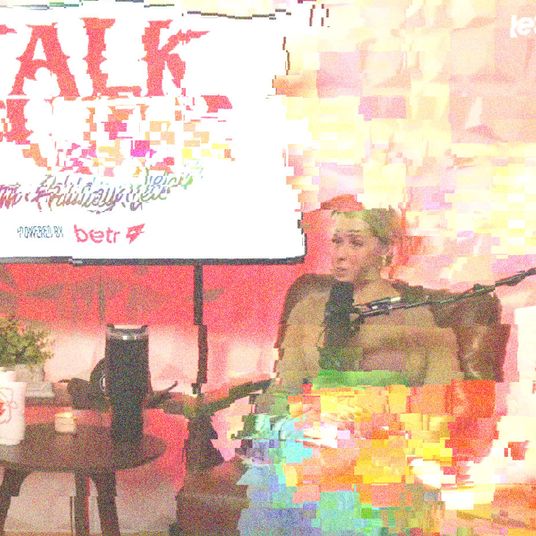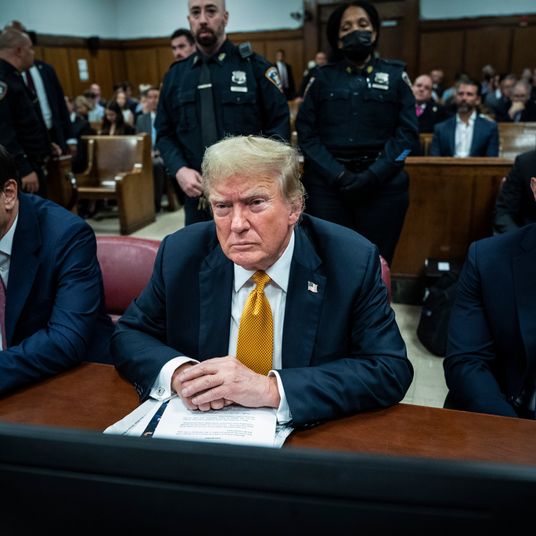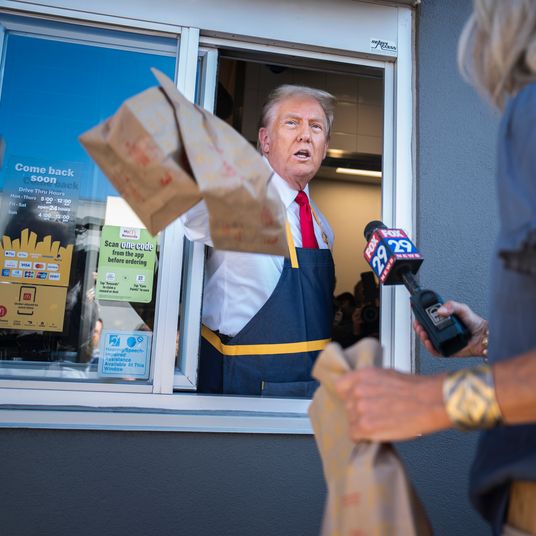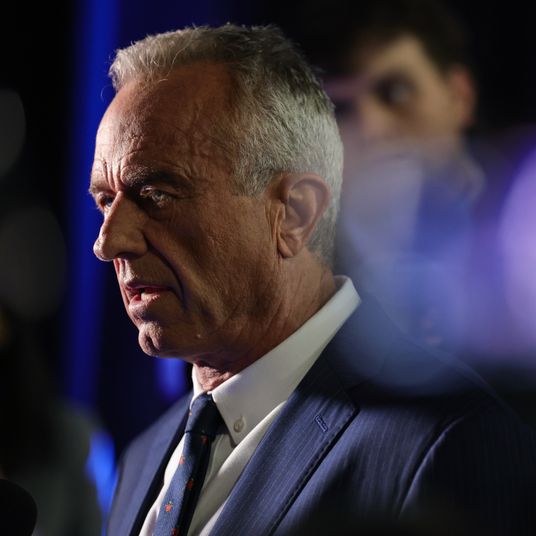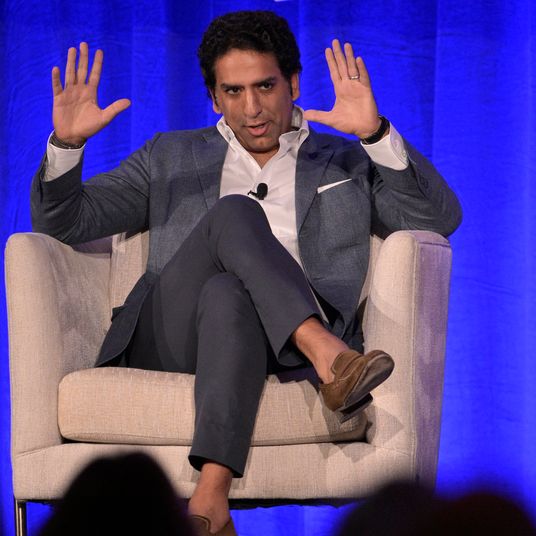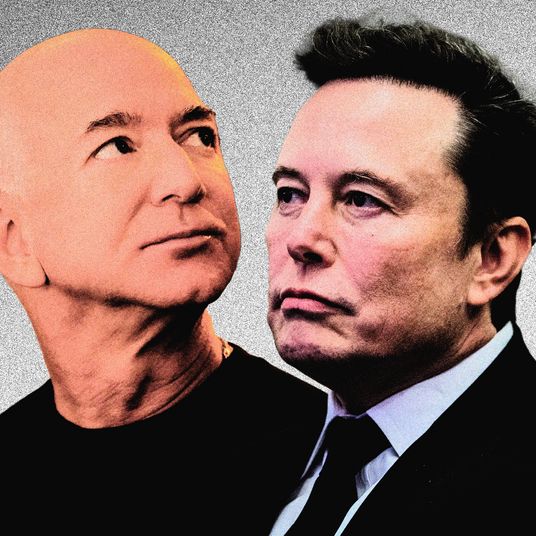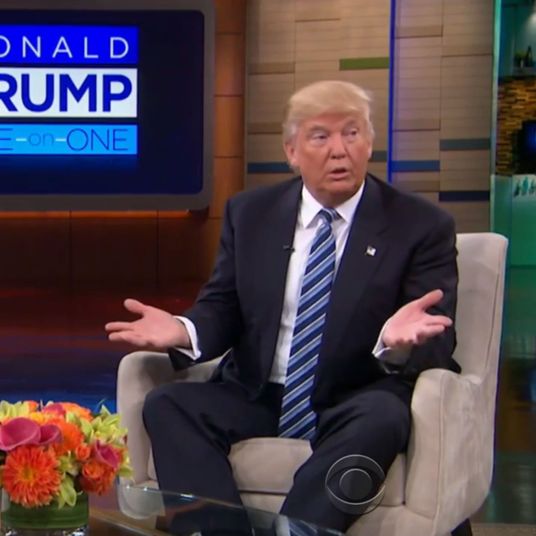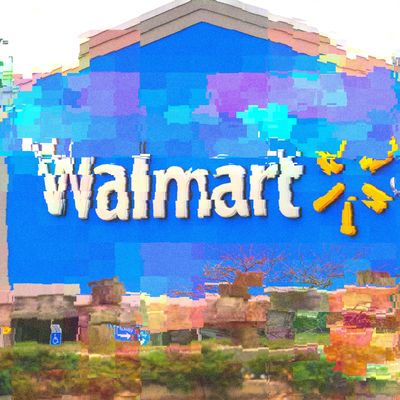
Walmart is a retailer with more than 4,500 stores and a pretty big website. Vizio is a company that sells millions of TVs at reasonable prices, many through Walmart and its sister store Sam’s Club. According to The Wall Street Journal, Walmart is interested in buying Vizio. That makes sense, you might think. A big store is bringing one of its most popular brands in-house in order to make more money from a major product category. Smart move.
Wrong. This is about digital advertising:
The retail giant is in talks to buy smart television-manufacturer Vizio for more than $2 billion, according to people familiar with the situation. The move would give Walmart more places where it can sell ads and pitch shoppers on goods. … Walmart gets most of its U.S. revenue from its grocery business, which typically has low profit margins. Executives see the Walmart Connect ad unit as a path to heftier profits and a way to generate cash beyond the company’s longtime engine of selling goods through stores.
That Walmart, the supreme American retailer, is now being described as a company trying to move “beyond” its “longtime engine of selling goods through stores” is, in addition to being sort of funny, representative of a real trend. In recent years, e-commerce platforms, chief among them Amazon, have developed massive, high-margin side businesses in digital advertising. (Amazon is now the third-largest digital advertising business after Google and Meta.) It’s an obvious move from the perspective of a tech company: Amazon is a store that sells lots of stuff to lots of people; Amazon is also a website and app visited by hundreds of millions of potential shoppers who are already used to seeing ads all the time and will probably tolerate a few more. From the customer’s point of view, it’s not ideal. From Amazon’s, this is basically free money, and they’re not alone in seeing things that way. Uber and Lyft are trying to turn their “audiences” — people trying to catch a ride or currently in the process of riding — into ad businesses; Instacart, which is also in the low-margin grocery business, is leaning on its ad platform for profitability. If every tech company is thinking about becoming an advertising company, and every other company is trying to reinvent itself as a “tech” company, well, that’s how you end up with “Kroger Precision Marketing.” Or with Walmart buying a TV company in service of expanding its digital-advertising inventory.
Vizio, for its part, has its own interesting history with drifting business models, having become so reliant on software licensing and advertising deals that it’s not really sufficient to describe it as a TV company anymore. In 2021, the company, which made its name selling cheap but decent flat screens, announced that it had started making most of its money from advertising, including “ad placements on its TV home screens, deals for the buttons on remotes, ads that run on streaming channels … and viewer data that it tracks and sells,” according to The Verge. By then, selling TVs at cost and making money on “post-purchase” monetization was becoming common industry practice.
Roku, for example, which rose to prominence selling smart TV boxes and streaming sticks, described a similar transformation into an advertising firm with a hardware business back in 2018. This is one reason TVs are so cheap now. It’s also why they’re bloated with slow software, ads, and tracking that records your viewing habits down to the second.
In its last quarterly earnings, Vizio reported losing about $3 million dollars selling hardware, which accounts for the large majority of its revenue. It also reported making almost $100 million on “Platform+” — basically, profits extracted, via ads, data, and software agreements, from the tens of millions of people who already have Vizio TVs. Walmart’s advertising business, which is currently split between ads on its ecommerce platform and in-store advertising, was last reported to be generating $2.7 billion dollars a year, a number that has almost certainly increased since 2022. In other words, it’s a match made in anything-but-retail heaven. It beats selling bananas.








